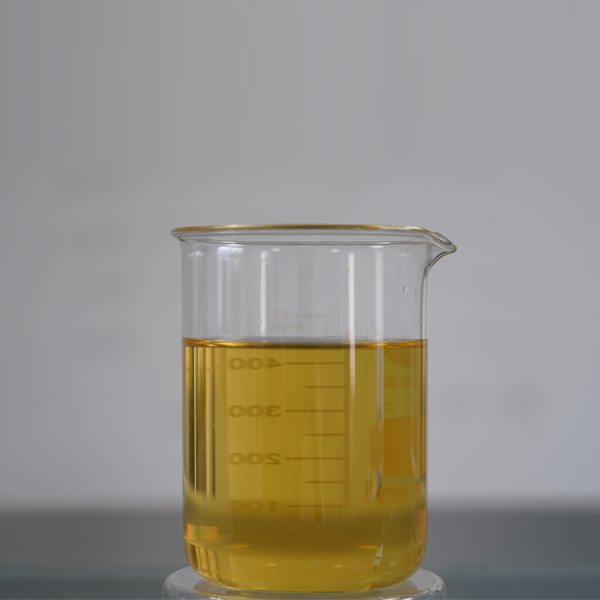
News
نوفمبر . 19, 2024 08:45 Back to list
chelating agent in soap factory
The Role of Chelating Agents in Soap Production
In the realm of soap production, ensuring product quality and effectiveness is paramount. One key ingredient that plays a crucial role in enhancing the properties of soap is the chelating agent. Chelating agents are compounds that can form multiple bonds with a single metal ion, effectively grabbing or binding it. This functionality is particularly significant in soaps, where the presence of metal ions can adversely affect the final product's stability and performance.
Understanding Chelating Agents
At the molecular level, chelating agents are designed to sequester metal ions such as calcium, magnesium, iron, and others. These ions are commonly found in hard water and can lead to various issues in soap production and use. Hard water can decrease the lathering ability of soap, create undesirable residues, and diminish overall cleaning efficiency. As a result, incorporating chelating agents into soap formulations can significantly improve product quality.
Benefits of Chelating Agents in Soap
1. Enhanced Soap Performance By binding to metal ions, chelating agents prevent these ions from interfering with the soap's ability to produce lather and cleanse surfaces. This leads to a soap that not only lathers better but also cleans more effectively. The improved interaction with surfactants results in a product that can remove dirt, oil, and grime efficiently.
2. Stability and Shelf Life Metal ions can catalyze the oxidation of soap ingredients, compromising the formulation's integrity and leading to rancidity or discoloration. Chelating agents inhibit these reactions, thereby extending the shelf life of the soap and preserving its quality over time. This stability is crucial for manufacturers who aim to maintain consistency and quality in their products.
chelating agent in soap factory

3. Prevention of Soap Scum One of the more notorious issues with soap produced in hard water is the formation of soap scum, which occurs when calcium and magnesium ions react with soap. Chelating agents effectively bind these metal ions, reducing the likelihood of soap scum formation. This not only ensures cleaner rinsing but also enhances customer satisfaction, as users are less likely to encounter the unpleasant residue.
4. Environmental Considerations Many modern consumers are conscious of the environmental impact of the products they use. Chelating agents that are biodegradable and environmentally friendly can help manufacturers create soap formulations that align with sustainable practices. This not only improves the product's marketability but also appeals to an increasingly eco-conscious consumer base.
Common Chelating Agents
In the soap industry, several chelating agents are commonly used, including ethylenediaminetetraacetic acid (EDTA), diethylene triamine pentaacetic acid (DTPA), and citric acid. Each of these agents has its own unique properties and advantages. For instance, citric acid is a natural chelator that is often favored in organic or natural soap formulations due to its mildness and safety.
Conclusion
In summary, chelating agents are an indispensable component in soap manufacturing, enhancing product performance, stability, and user satisfaction. As soap makers strive to create high-quality, effective, and sustainable products, the role of chelating agents will continue to be vital. By improving how soaps interact with water and various contaminants, these agents ensure that consumers receive products that meet their expectations for cleanliness and quality. As the industry evolves, the development and utilization of innovative chelating agents will likely play an essential role in shaping the future of soap production.
-
Polyaspartic Acid Salts in Agricultural Fertilizers: A Sustainable Solution
NewsJul.21,2025
-
OEM Chelating Agent Preservative Supplier & Manufacturer High-Quality Customized Solutions
NewsJul.08,2025
-
OEM Potassium Chelating Agent Manufacturer - Custom Potassium Oxalate & Citrate Solutions
NewsJul.08,2025
-
OEM Pentasodium DTPA Chelating Agent Supplier & Manufacturer High Purity & Cost-Effective Solutions
NewsJul.08,2025
-
High-Efficiency Chelated Trace Elements Fertilizer Bulk Supplier & Manufacturer Quotes
NewsJul.07,2025
-
High Quality K Formation for a Chelating Agent – Reliable Manufacturer & Supplier
NewsJul.07,2025
